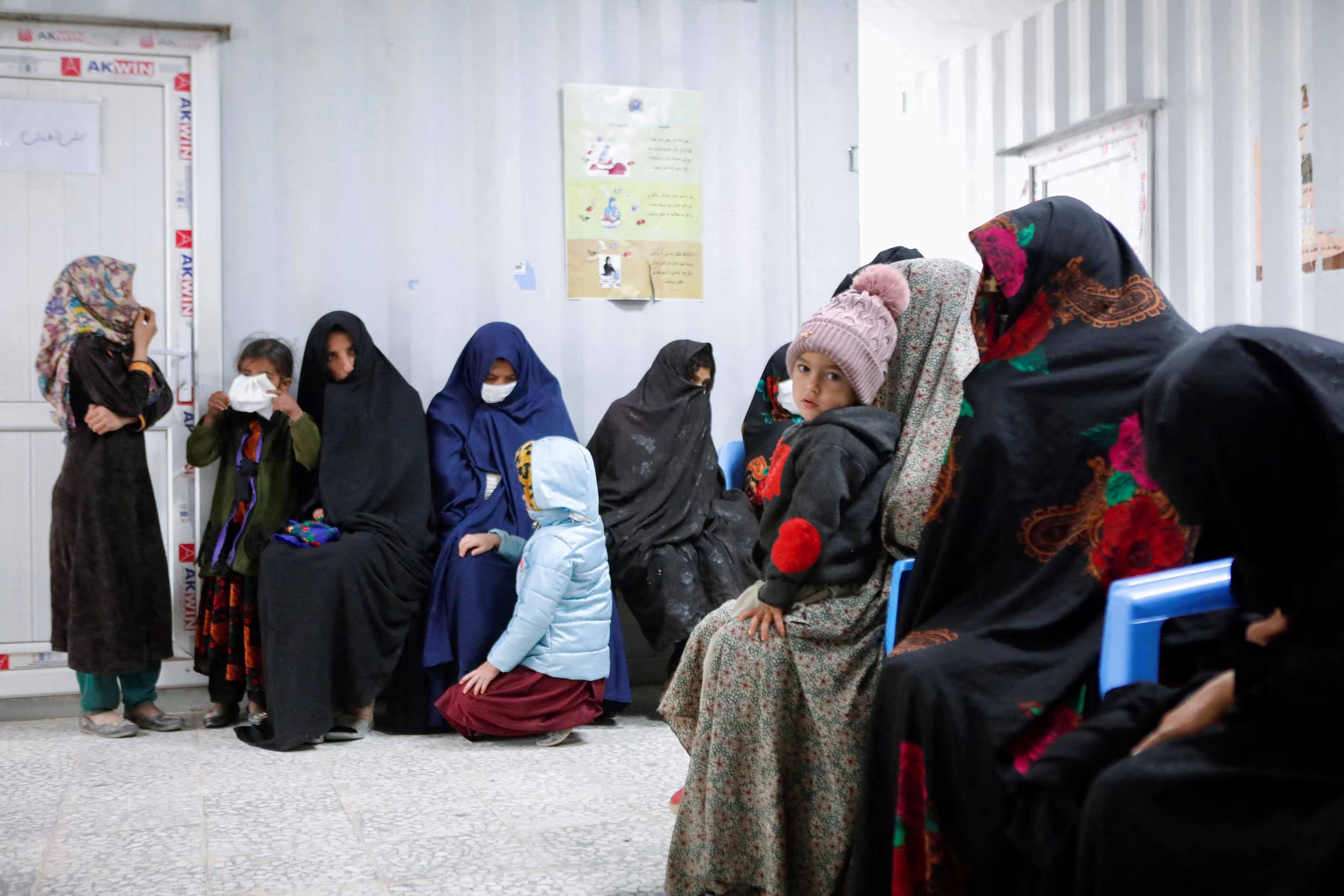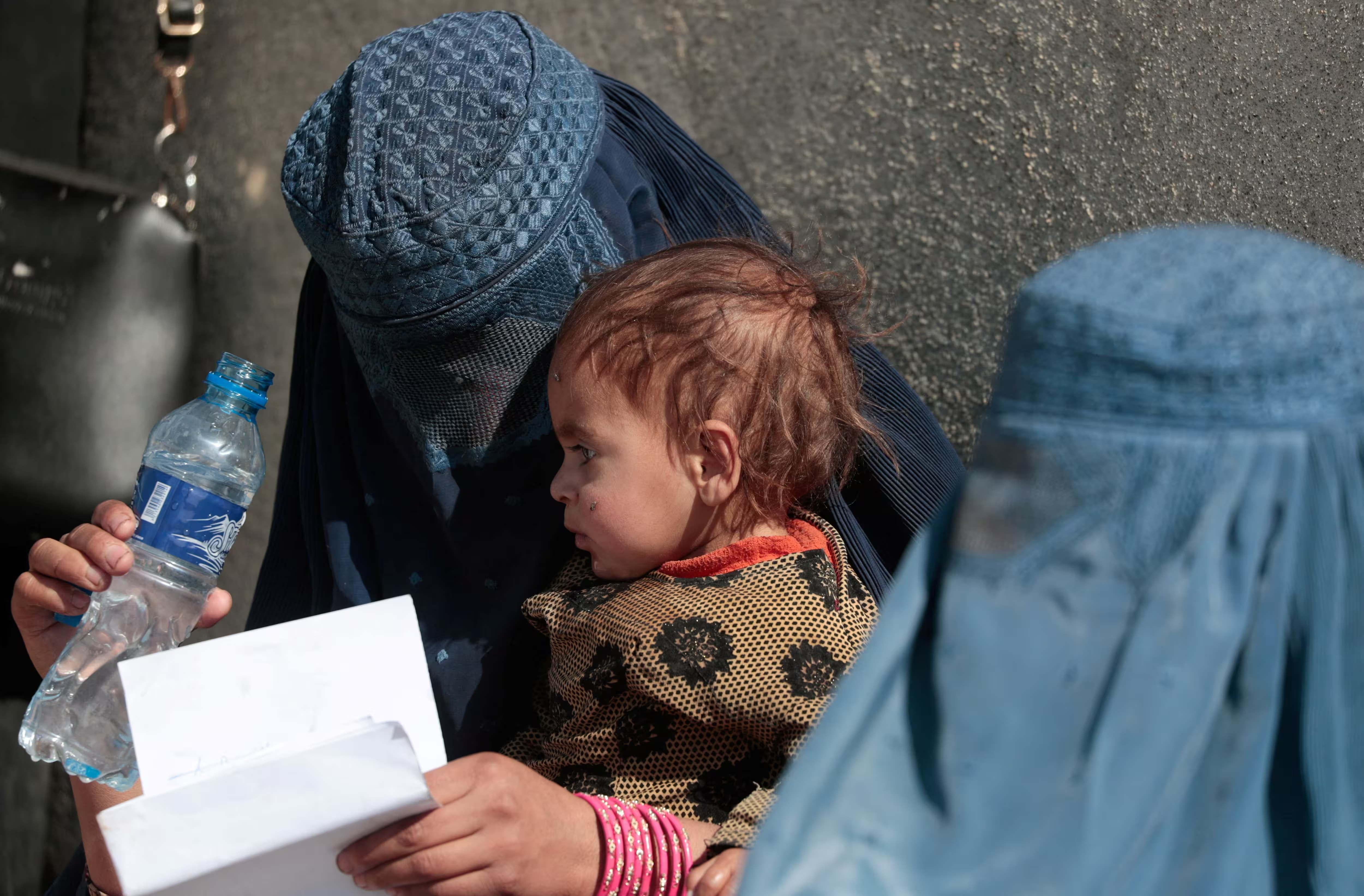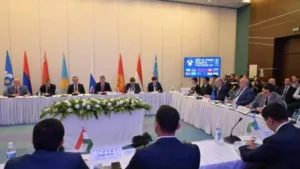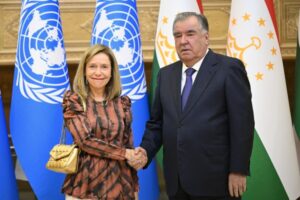More than 4mn mothers and children in Afghanistan are currently suffering from malnutrition, according to Amu, citing the World Food Program (WFP). The crisis is worsening as deepening poverty, rising unemployment, and declining international aid push the country’s humanitarian situation to new extremes.

The U.N. agency linked the rising malnutrition rates directly to severe food insecurity and widespread economic hardship, especially affecting female-headed households or families with limited income sources.
“Malnutrition is tightening its grip on Afghanistan’s most vulnerable,” the WFP wrote, sharing a video of Bibi Hawa, a mother from Kabul struggling to feed her child. In the video, Hawa describes how her unemployed husband brings home only half a kilo of flour every other day, the only food they can afford. “We didn’t even have money for transport to the clinic,” she said.
The warning comes as humanitarian organizations in Afghanistan face a critical budget shortfall, with over 23mn people in need of aid across the country. Funding for relief operations has significantly dropped, while bureaucratic barriers and direct interference by Taliban authorities increasingly restrict aid delivery.

Economic experts attribute Afghanistan’s worsening poverty not only to drought and donor fatigue but also to Taliban-imposed restrictions that have crippled key sectors of economic activity — including labor participation, capital flow, and investment.
“The Taliban have shut down the very channels through which economic activity flows,” said Hamidullah Farooqi, an Afghan economist. “More than 50% of our population — women — have been barred from work, while many men remain jobless due to a lack of investment, the absence of rule of law, and an environment hostile to business.”
Since the Taliban took power in 2021, they have issued more than 50 decrees restricting women’s rights, including bans on women working for NGOs and most government agencies. Experts say these restrictions have shattered an important part of people’s ability to work, leaving many families struggling with much lower incomes.
Relief efforts themselves have been directly hampered. The U.N. Office for the Coordination of Humanitarian Affairs (OCHA) stated that Taliban interference has become the biggest barrier to humanitarian efforts in Afghanistan.
In April, Taliban-imposed access restrictions and interference led to the detention of 29 humanitarian workers and the suspension of 35 relief operations.




